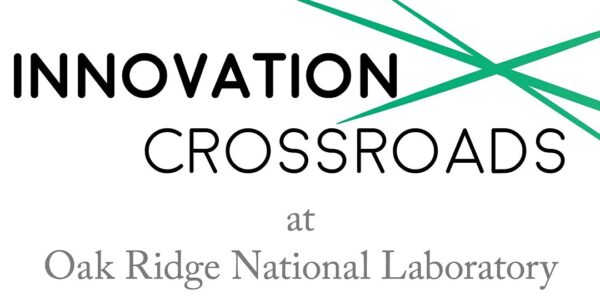 Lux’s vision is to build the first ubiquitous flexible semiconductor platform, a Wafer 2.0. The birth of the modern electronics industry was largely predicated on a breakthrough in crystal growth, the Czochralski (CZ) method. The technique paved the way for the silicon wafer, a semiconductor platform used in over ninety-five percent of electronic devices today. However, the electronics industry is now entering a new era, one that demands ultra-thin and flexible devices with more functionality and at lower cost. The silicon wafer is thick, fragile, size restricted, and expensive and can no longer meet all modern demands. By leveraging a century of innovations in bulk crystal growth, and applying them to low cost thin-films, Lux will deliver a new class of flexible semiconductor substrates to serve as the next generation platform. With single crystal-like properties at price points significantly below existing competitors, Lux will enable new device architectures for flexible and lightweight electronics with improved performance and functionality. The platform is suitable to host a range of electronic components and fully integrated system-on-chip designs including sensors, RF, displays, lighting, processors, memory, MEMS, and photovoltaics.
Lux’s vision is to build the first ubiquitous flexible semiconductor platform, a Wafer 2.0. The birth of the modern electronics industry was largely predicated on a breakthrough in crystal growth, the Czochralski (CZ) method. The technique paved the way for the silicon wafer, a semiconductor platform used in over ninety-five percent of electronic devices today. However, the electronics industry is now entering a new era, one that demands ultra-thin and flexible devices with more functionality and at lower cost. The silicon wafer is thick, fragile, size restricted, and expensive and can no longer meet all modern demands. By leveraging a century of innovations in bulk crystal growth, and applying them to low cost thin-films, Lux will deliver a new class of flexible semiconductor substrates to serve as the next generation platform. With single crystal-like properties at price points significantly below existing competitors, Lux will enable new device architectures for flexible and lightweight electronics with improved performance and functionality. The platform is suitable to host a range of electronic components and fully integrated system-on-chip designs including sensors, RF, displays, lighting, processors, memory, MEMS, and photovoltaics.
The Innovation Crossroads project will focus on the development of this innovative technology at a simulated roll-to-roll prototyping scale, to enhance film crystal quality, repeatability, and electronic properties, while preparing the process for integration into large scale manufacturing. Specific research activities will be conducted in three phases comprising material development, electronic device fabrication and roll-to-roll system design and integration.
Lux Semiconductors is enrolled in ORNL’s Innovation Crossroads program. TAEBC and Launch Tennessee provide non-exclusive business mentoring services to the Innovation Crossroads Innovators.
 Innovation Crossroads is a new program based at ORNL that matches aspiring energy entrepreneurs with the experts, mentors, and networks in technology-related fields to take their world-changing ideas from R&D to the marketplace.
Innovation Crossroads is a new program based at ORNL that matches aspiring energy entrepreneurs with the experts, mentors, and networks in technology-related fields to take their world-changing ideas from R&D to the marketplace.
Several entrepreneurs have been selected to transform their ideas into clean energy companies with financial support from the U.S. Department of Energy’s Office of Energy Efficiency and Renewable Energy (EERE). Innovators receive a fellowship that covers living costs, benefits and a travel stipend for up to two years, plus up to $350,000 to use on collaborative research and development at ORNL.
